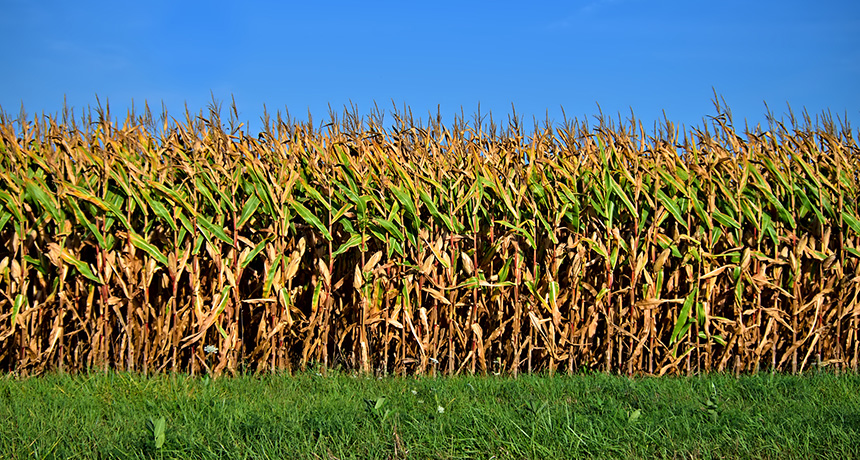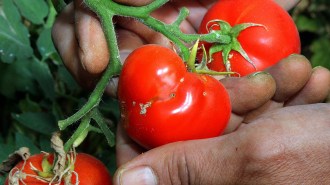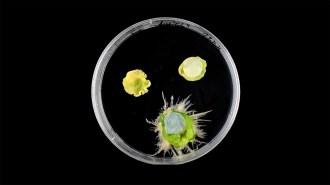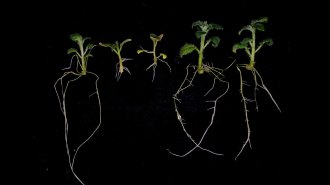New analysis: Genetically engineered foods not a health risk

ALL CLEAR Along with corn (shown), soybean and cotton make up nearly all commercial genetically engineered crops. These crops appear to be safe for humans and the environment, a new report concludes.
Michael Pardo/Flickr






